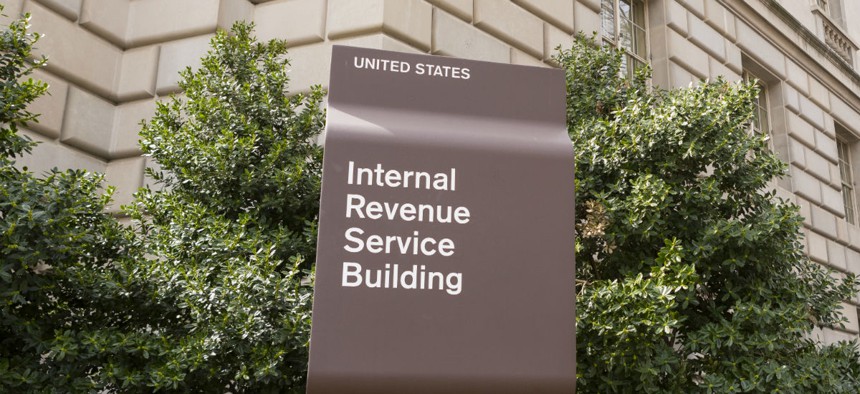
Rob Crandall / Shutterstock.com
IRS Enforcement of Tip Reporting Leaves Billions on the Table
Watchdog recommends broader audits of voluntary income declarations.
An estimated 10 percent of the $235 billion in uncollected taxes owed by individuals stems from unreported tip income earned by workers in such industries as restaurants, bars and gaming.
But despite ongoing efforts, the Internal Revenue Service is not doing all it could to enforce voluntary reporting agreements by employers, according to a report released on Sept. 28 by the Treasury Inspector General for Tax Administration.
Unreported tip income from noncompliant businesses reviewed could be as high as $23 billion, the report said.
Because tips are considered wages, employees and employers are required to withhold federal insurance and unemployment taxes. For oversight, the IRS uses the voluntary National Tip Reporting Compliance Program, which offers employers a choice between the Gaming Industry Tip Compliance Agreements, the Tip Rate Determination Agreement, or the Tip Reporting Alternative Commitment.
In reviewing nearly 1,100 agreements with 6,513 businesses since fiscal 2013, auditors found that 30 percent had omitted income, for a loss to the treasury of $1.66 billion (with results varying by type of agreement). “There is an even higher risk of tax noncompliance for employers in tipping industries that do not have a tip agreement,” the report said. “TIGTA identified 15,771 employers with $6.3 billion in projected unreported tip income for tax year 2016, including 676 employers who underreported by over $1 million.”
During the same year, the national tip compliance program completed only 34 examinations of employers.
Full-service restaurants and limited-service restaurants made up 73 percent (494 cases) of the potential tip examinations and account for $1.6 billion (73 percent) of the $2.2 billion in projected unreported tips. Amusement and recreation (including golf courses, skiing facilities, marinas and fitness) made up 17 percent, TIGTA said.
Specifically, “Our review of the population of 34 tip examination cases closed in fiscal 2016 identified four (12 percent) cases in which the examiner did not pick up the prior or subsequent tax years for audit when warranted.”
The watchdog made nine recommendations for improving the tip reporting compliance program, among them that IRS reduce the number of approvals needed to revoke tip agreements, that it expand the scope of audits to include prior years, and that its Small Business/Self-Employed division develop a risk-based methodology using historical data to prioritize high-dollar cases.
In a response, IRS management agreed with the recommendations and is taking corrective actions, but noted that the program is voluntary and resources are limited.
.







